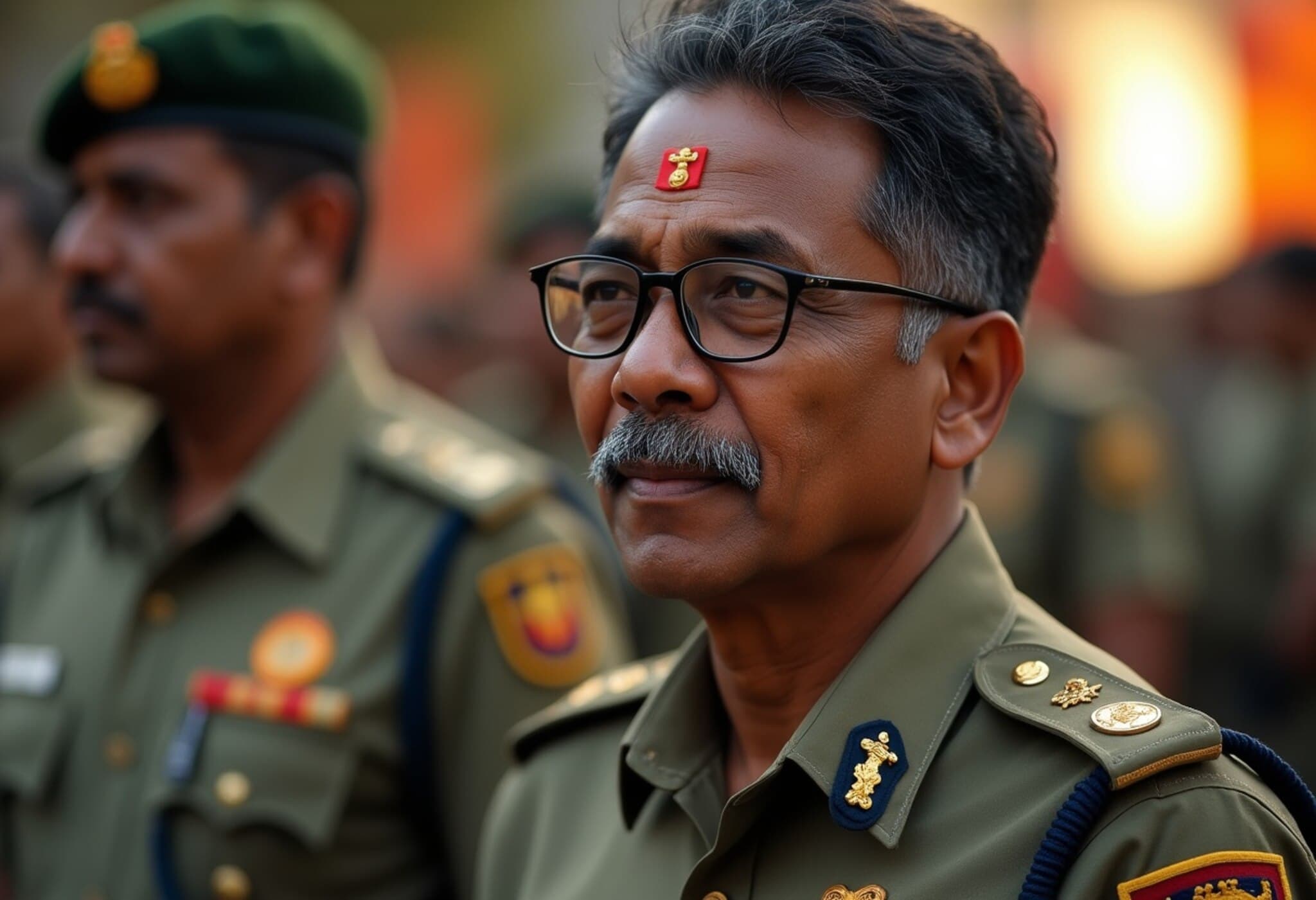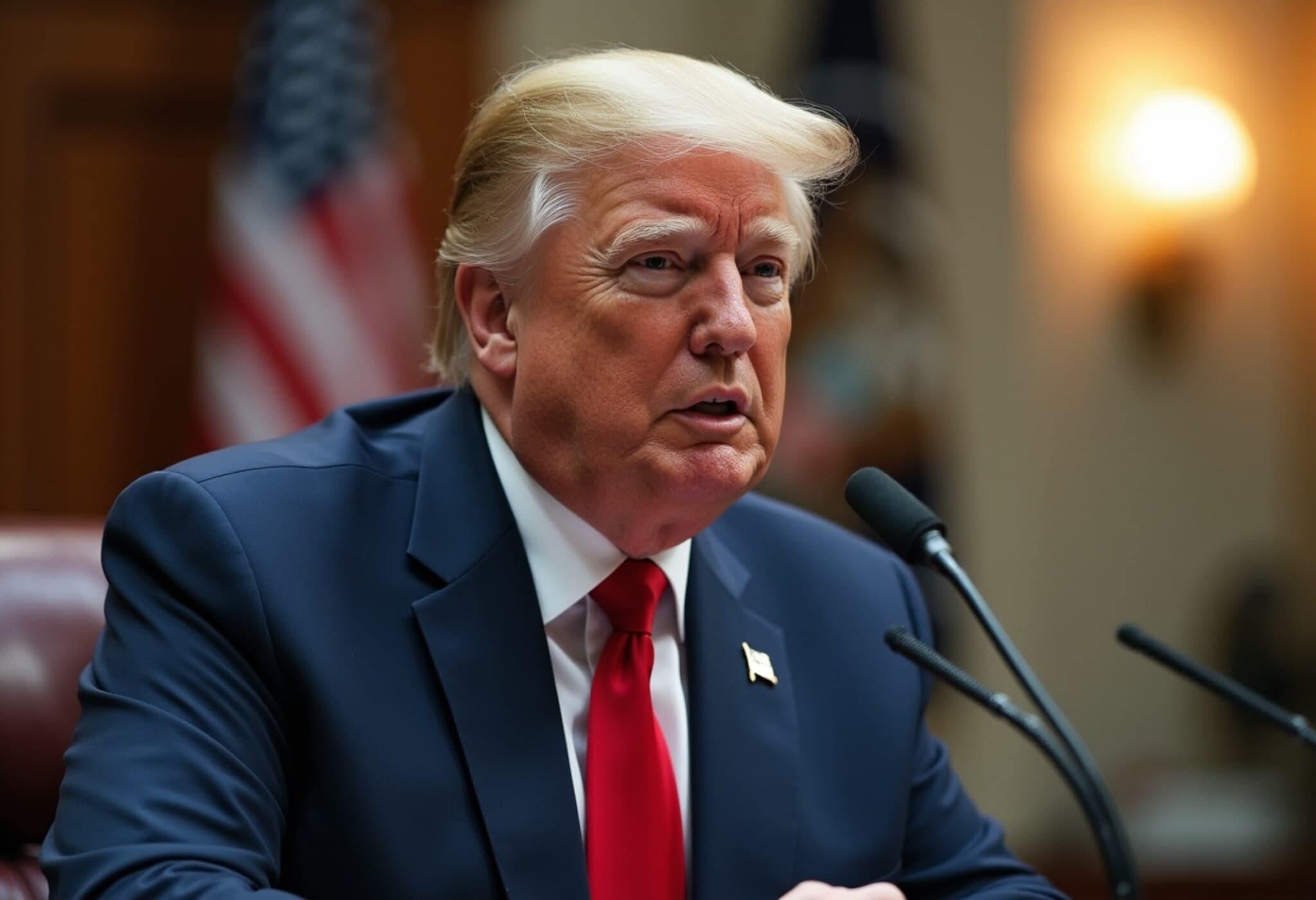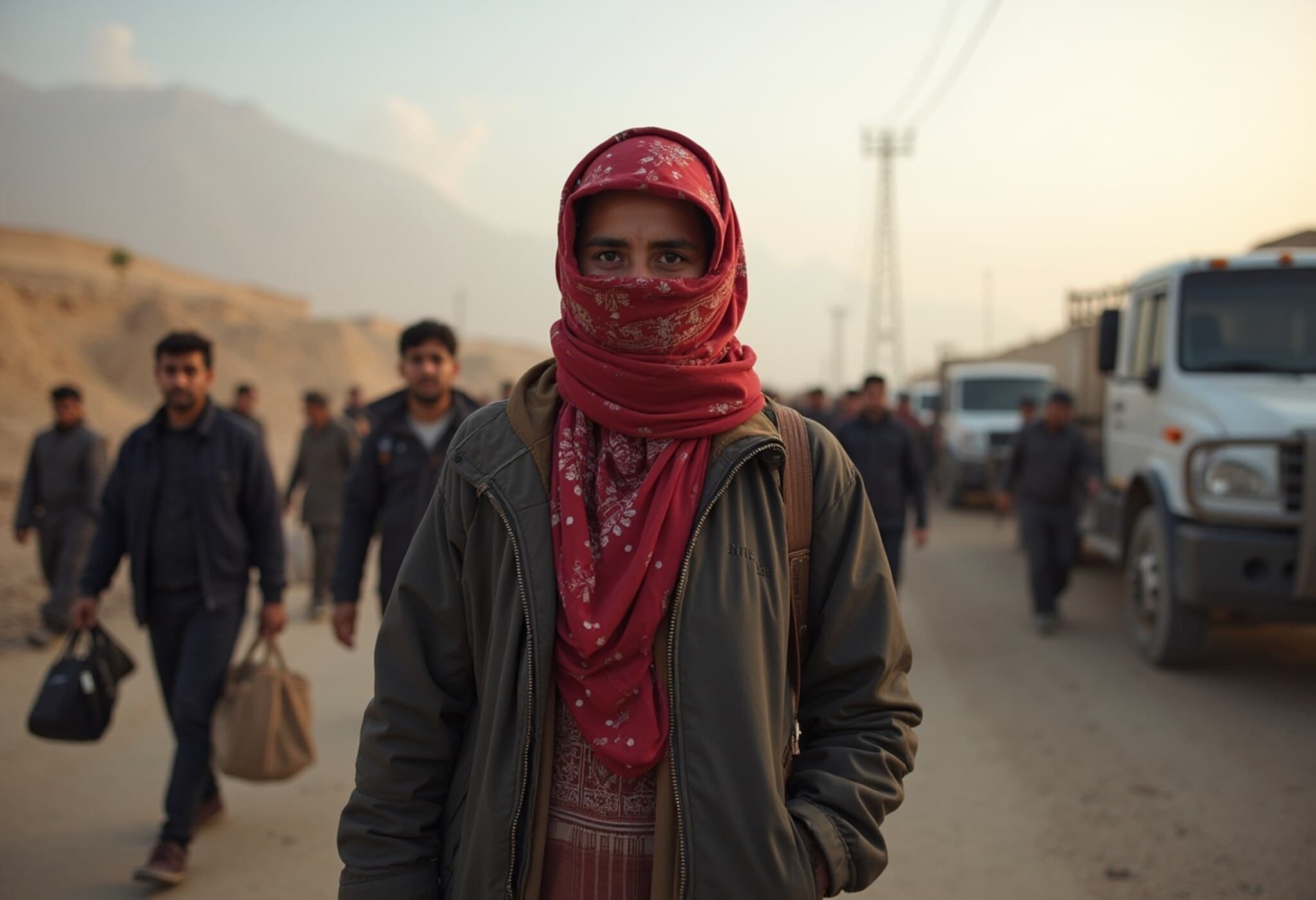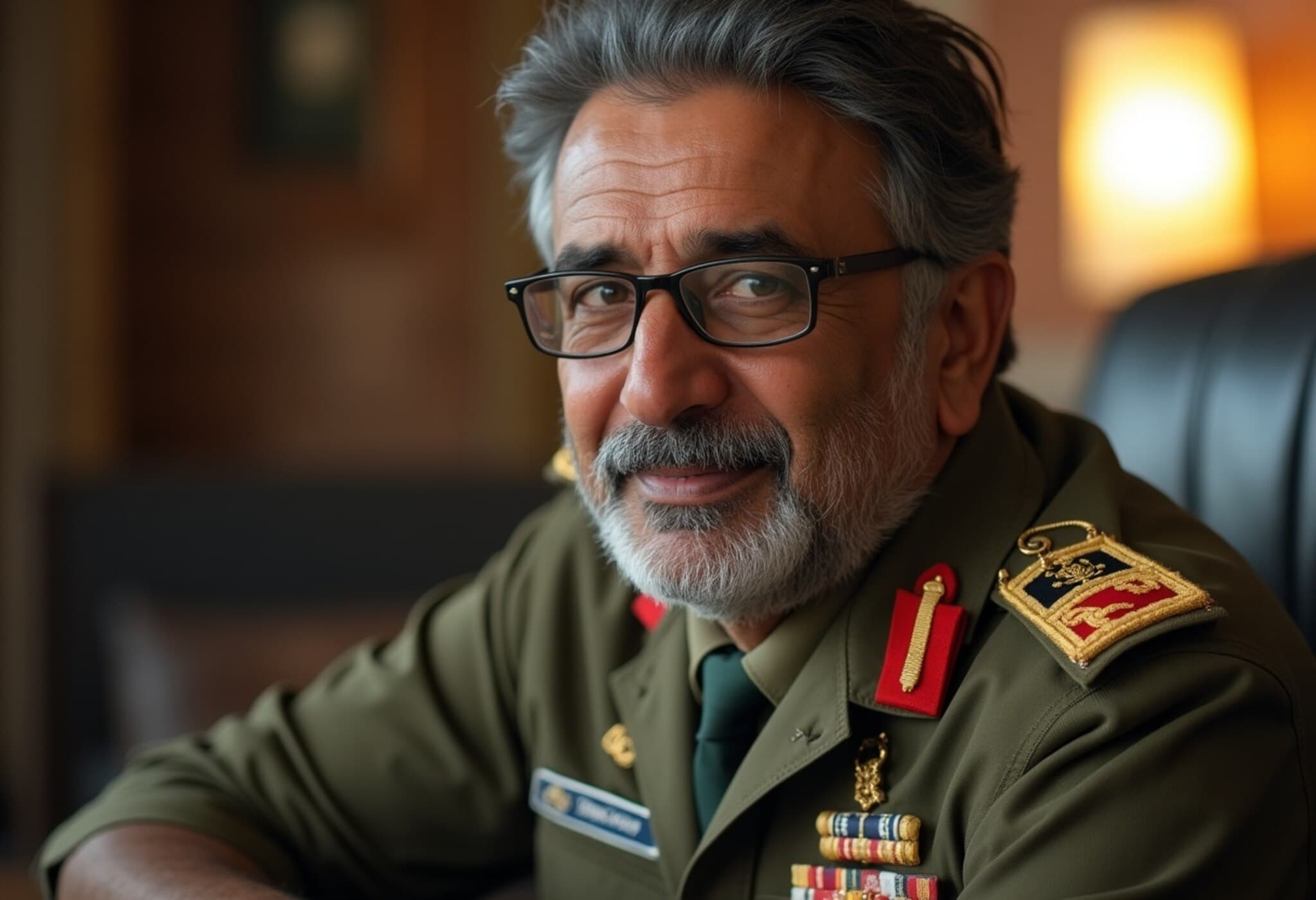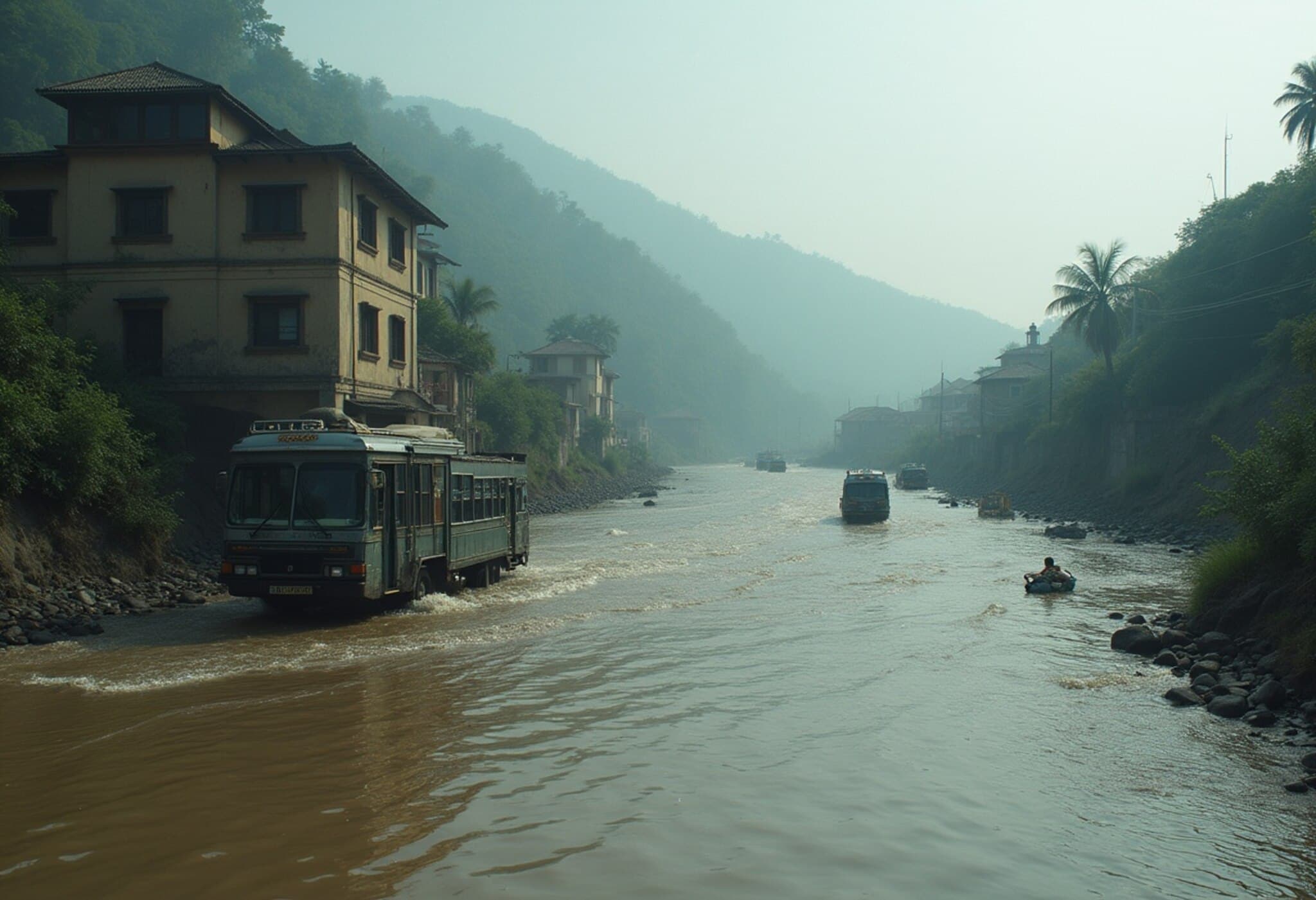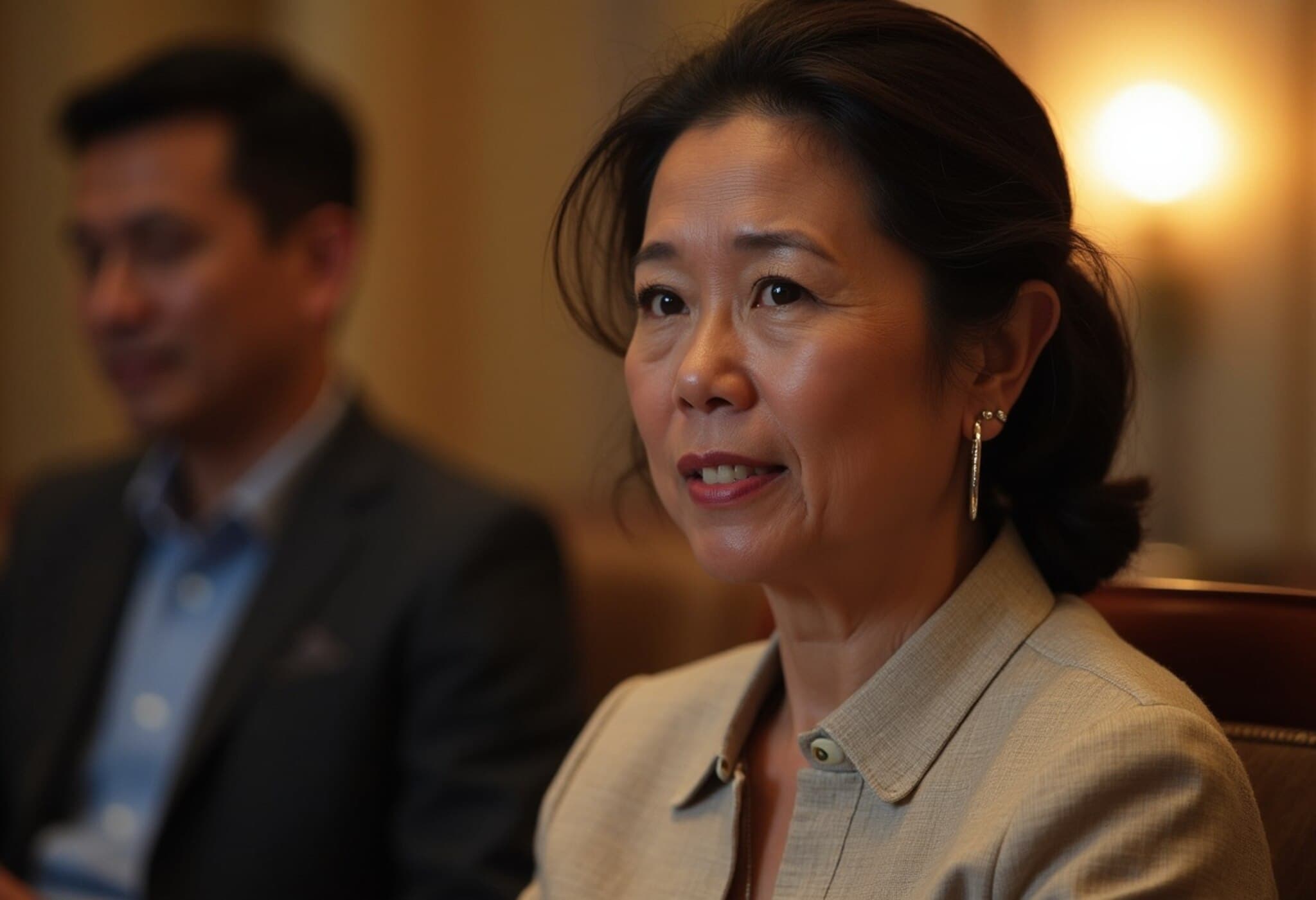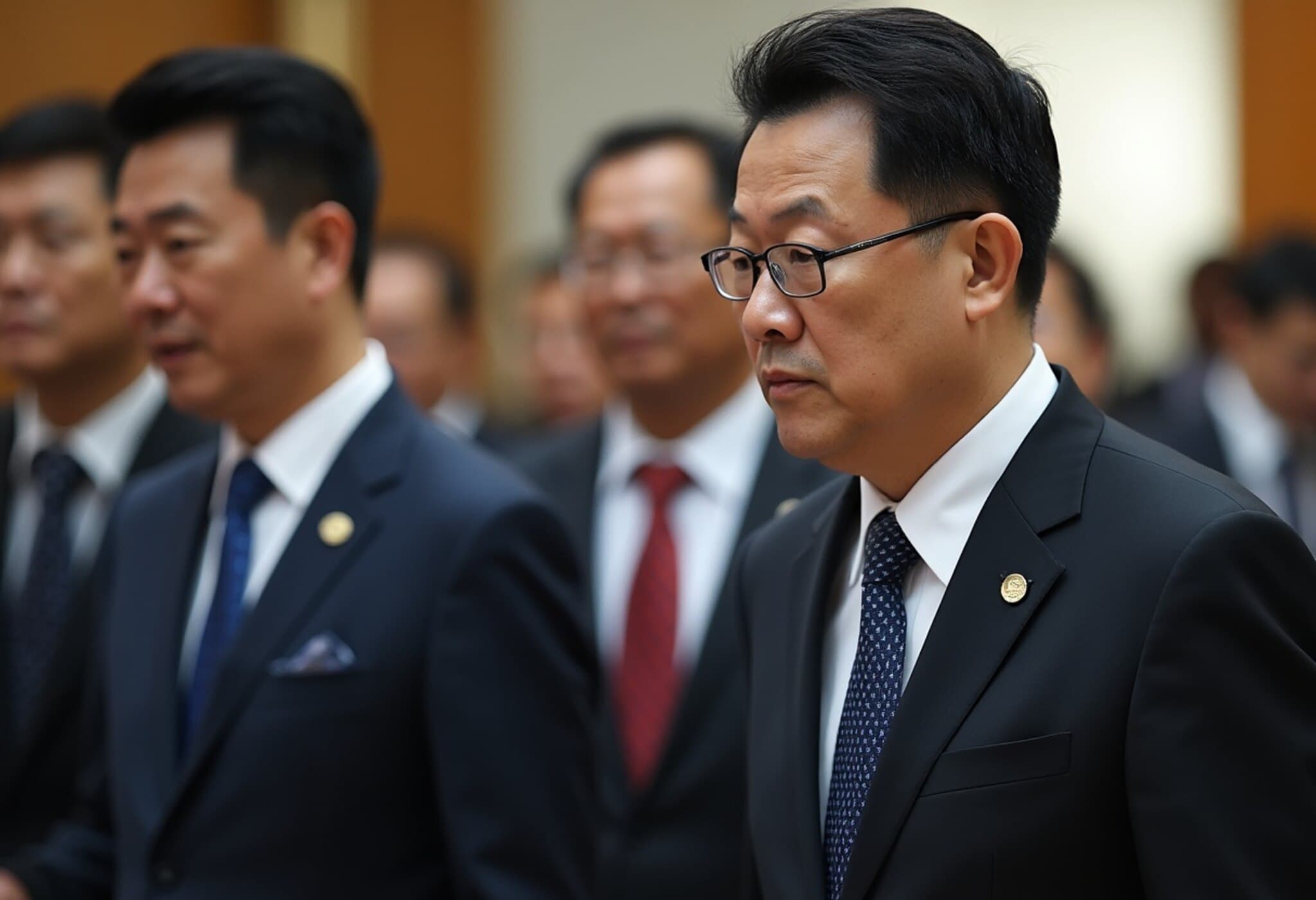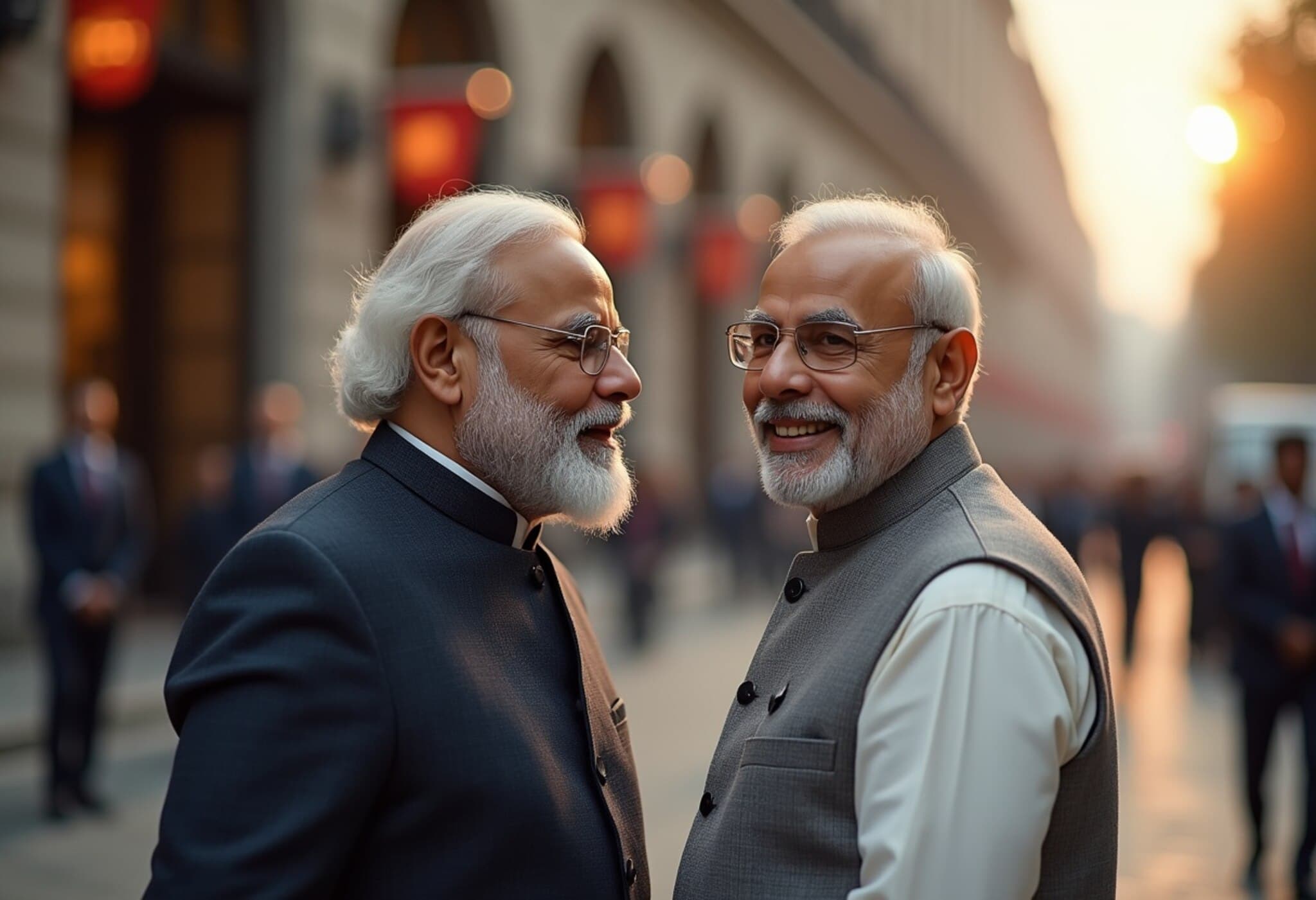Parliamentary Committee Recommends Removal of Sri Lanka’s Police Chief
In a landmark decision shaking Sri Lanka’s law enforcement landscape, a parliamentary committee has found the country’s suspended police chief, Deshabandu Tennakoon, guilty of serious misconduct and abuse of power, leading to a historic recommendation for his removal.
The First Police Chief to Face Impeachment in 159 Years
Speaker of Parliament Jagath Wickremaratne announced on Tuesday that the Committee of Inquiry’s investigation was unanimous in its verdict. The acting parliamentary head confirmed receipt of the full report and emphasized the gravity of the findings against Tennakoon.
“This is an unprecedented moment in Sri Lanka’s history, as no police chief in the department’s 159-year existence has ever been subjected to impeachment proceedings, until now,” Wickremaratne stated.
Background: Controversial Appointment and Supreme Court Suspension
Tennakoon was appointed as the Inspector General of Police (IGP) in November 2023, a decision that immediately raised eyebrows due to his prior conviction by the Supreme Court. The apex court had found him guilty of torturing a detainee in a fundamental rights case – a serious allegation that called into question his suitability to lead the police force.
Following growing public and political pressure, the Supreme Court suspended Tennakoon in July 2024 and ordered a formal hearing regarding the legality of his appointment. The subsequent parliamentary inquiry has culminated in this recommendation for his removal.
What Happens Next: The Impeachment Vote
The parliamentary committee’s report will officially be tabled as a parliamentary paper, marking a critical next step. According to Sri Lankan parliamentary procedure, Tennakoon’s removal now hinges on a parliamentary vote for impeachment. This process will test the political will and commitment to accountability within the country.
Expert Insights: Implications for Governance and Rule of Law
This unprecedented move underscores a significant moment for Sri Lanka’s democratic institutions and the principle of accountability in governance.
- Legal experts suggest that the impeachment could reaffirm judicial oversight over executive appointments, strengthening checks and balances.
- Policy analysts warn, however, that politicization of such inquiries may risk undermining institutional independence if not handled with transparency.
- Regional commentators highlight this as a rare example in South Asia where heads of powerful institutions are held to account, potentially setting a precedent for other nations grappling with law enforcement accountability.
Unanswered Questions and The Road Ahead
While the committee’s findings are clear, several pressing questions remain:
- Will the parliamentary majority support the impeachment vote, or will political alliances influence the outcome?
- How will Tennakoon’s removal affect morale and operational effectiveness within Sri Lanka’s police force during a time of complex domestic challenges?
- What reforms will emerge to prevent future appointments of officials with contentious backgrounds?
As Sri Lanka watches closely, this episode spotlights the delicate balance between maintaining rule of law and the fragility of institutional trust.
Editor’s Note
The attempt to impeach Inspector General Deshabandu Tennakoon marks a pivotal crossroads for Sri Lanka’s justice system and democratic governance. Beyond the immediate questions about one individual’s conduct, it raises broader debates about police accountability, political influence, and human rights protections in the country. Readers are encouraged to consider the long-term consequences for institutional integrity and rule of law in Sri Lanka as this story unfolds.

